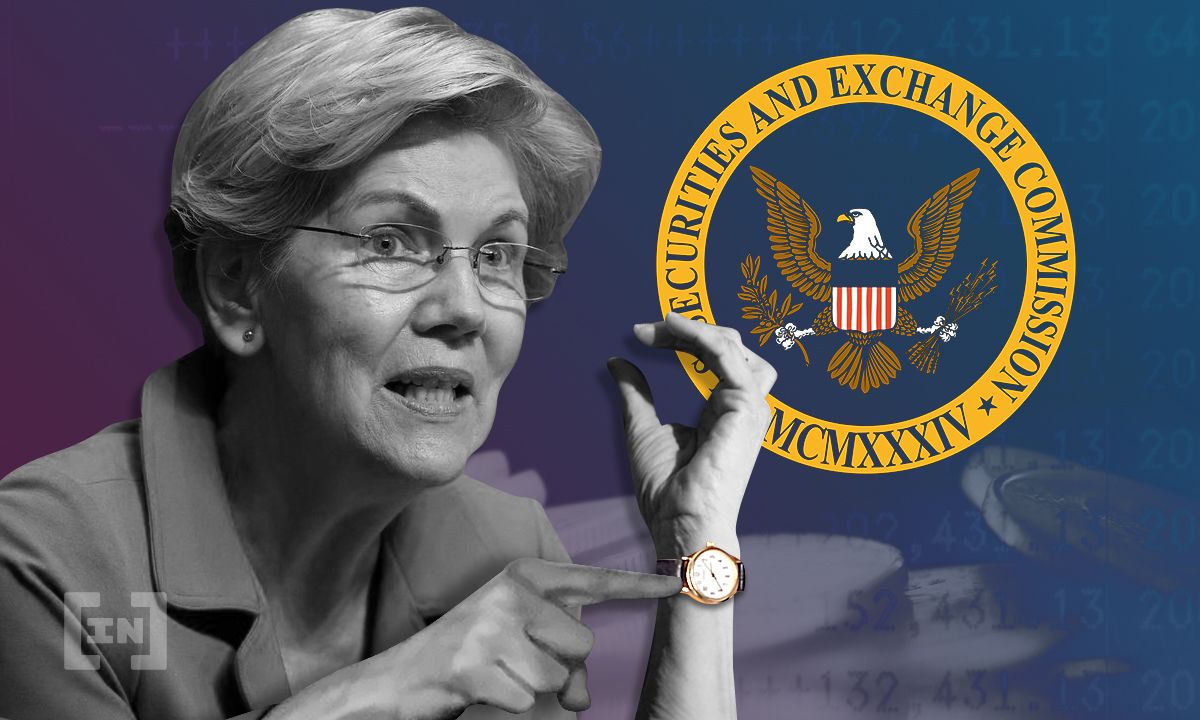Massachusetts Senator Elizabeth Warren has sent a joint letter to Fidelity Investments this week regarding its decision to allow Bitcoin on its platform.
In April, Fidelity announced that employees of the 23,000 companies using its 401(k) pension plan services could allocate as much as 20% to Bitcoin. The company manages $2.7 trillion in assets for 20 million clients.
However, the move has raised red flags with the U.S. Labor Department and crypto’s biggest detractors. In the letter, which was co-signed by Minnesota Senator Tina Smith, Warren asked Fidelity CEO Abigail Johnson what actions the firm will take to address “the significant risks of fraud, theft, and loss posed by these assets.”
Warren questions conflict of interest
Senator Warren resorted to her usual brand of rhetoric claiming that “Bitcoin’s volatility is compounded by its susceptibility to the whims of just a handful of influencers.”
The Democrats gave Fidelity until May 18 to answer their questions about its approach toward Bitcoin investments. They cited a number of mainstream media FUD articles regarding major price fluctuations and included the fact that BTC is currently trading down 47% from its all-time high six months ago. They also said that there was a lot of centralization in the mining process, “One study estimates that just 10% of Bitcoin miners are responsible for processing 90% of Bitcoin.”
There was also mention of a potential conflict of interest. The letter referenced a 2017 announcement by Fidelity that it had set up a small Bitcoin and Ethereum mining operation;
“We are also concerned about Fidelity’s potential conflicts of interest and the extent to which they may have affected the decision to offer Bitcoin.”
Warren, who has labeled crypto as the “new shadow bank” which is controlled by “shadowy faceless groups of super-coders,” is pulling out all the stops to prevent Americans from gaining access to this asset class.
Financial Freedom bill
Fortunately, not every U.S. politician is as anti-crypto as the banking, housing, and urban affairs committee member is. A ray of light has come from Alabama Senator Tommy Tuberville in the form of a Financial Freedom Act.
The policymaker believes that the government should not interfere with the types of assets that individuals want to invest in. In an op-ed on CNBC on May 5, Tuberville said:
“Whether or not you believe in the long-term economic prospects of cryptocurrency, the choice of what you invest your retirement savings in should be yours — not that of the government.”
His proposed bill aims to prevent the Labor Department from limiting the asset types than can be used in 401(k) retirement plans.
